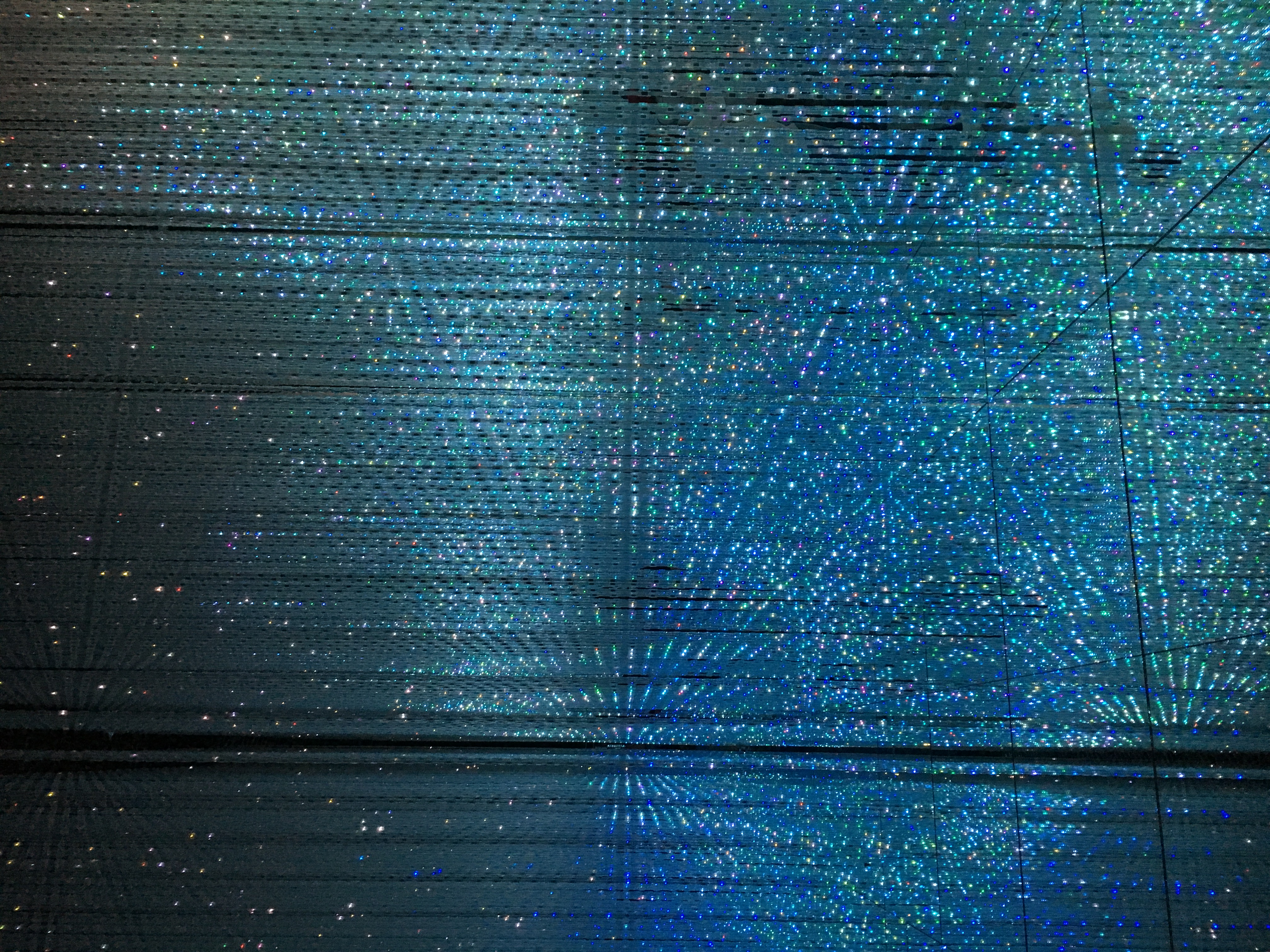A day without journalists: could citizen journalism fill the void?
 |
| Starting young: A citizen journalist |
What would happen if you sucked all the journalists out of the UK for 24 hours? Would citizen reporters and social media be able to step into the breach, or would confusion reign?
“I remember reading tweets that a D&G shop had been smashed in Westfield, but there isn’t even a D&G shop in Westfield,” she said.
“There’s always been disinformation,” replied Lewis. “What’s interesting is not that it’s propagated in social media but that it has the ability to self regulate,” adding that Twitter users were good at spotting untrue rumours.
 |
| Journalism for the masses, by the masses |
“Whenever I see something on Twitter, I go to the mainstream news organisations to find out, ‘is it really happening?’” he said.
“The teams get in touch with the people who sent the tweet,” said Eltringham. “If that’s not possible, there’s a whole series of tests we put it through. If it’s a video, what accent are they using? What’s the weather like? If it’s sunny in the video but the weather says it was raining there at that time, then that’s another test.”
When asked by Bedi whether Sky News used the same stringent set of tests in their approach to UGC, Mark Evans, head of home news at Sky, replied: “Yes, we are very stringent. We don’t tweet anything from any other news organisation at all.”
“I think there’s still a place for professional journalism in the validation process,” he said, but added that journalists have to accept that they are not keepers of facts or information anymore.
 |
| A world without journalists: can citizen journalism fill the breach? |
“On the question of trust, I have noticed that there’s a slightly new culture among some younger journalists that we have this grey news that exists for a period of a few hours where you don’t know if it’s true or not,” he said.
police or fire service, or would you put it on Facebook first?” asked Ravin Sampat, editor of Blottr.
Related
Related Posts
1 Comment
Comments are closed.

Thank you for another fantastic blog. Where else could I get this kind of information written in such an incite full way?
dissertation for masters